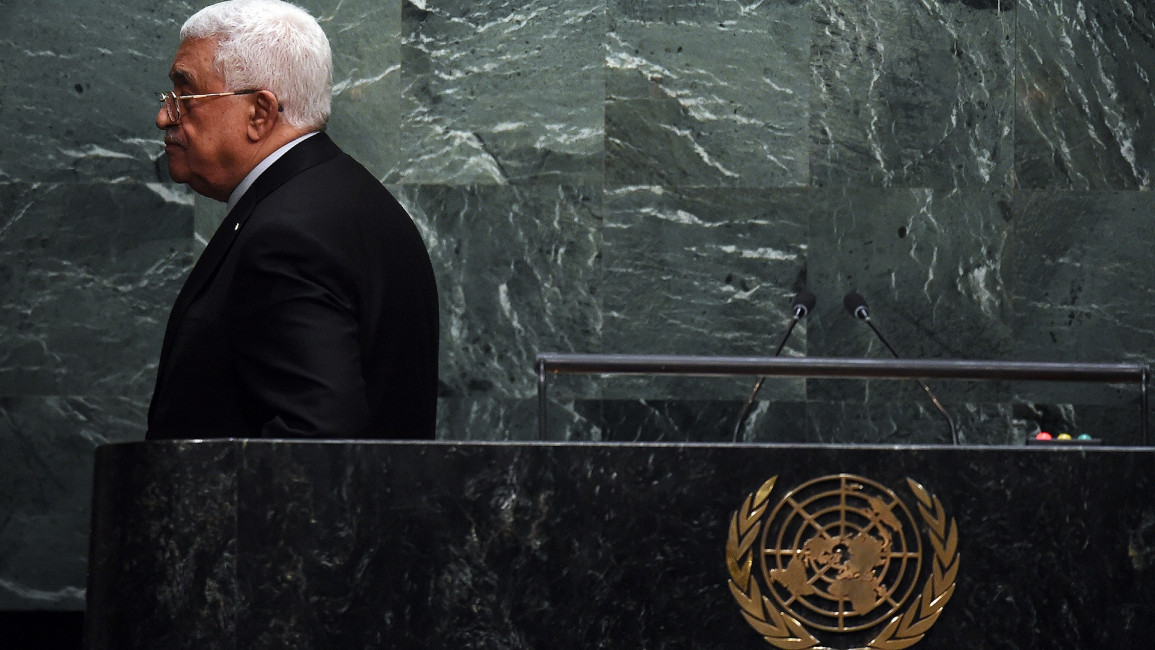Under financial pressure, PA agrees to partial transfer of tax money held by Israel via Norway
Palestinian Authority employees may soon be receiving long-overdue salaries after Israel agreed to release tens of millions of dollars in held tax funds that were intended for the Palestinian Authority treasury.
The Israeli government on Sunday, 21 January, approved a plan for frozen Palestinian tax funds to be held by a third-party country, Norway, and reserved the right to decide when the money will be transferred to the Palestinian Authority.
According to an estimate by a Palestinian official, Israel has deducted nearly US$400 million, money it says the Palestinian Authority uses to pay employees in the Gaza Strip.
It is unclear if there is a mechanism for the PA to receive that money from Norway yet. Palestinian PM Muhammad Shtaye stressed on Monday that whatever the outcome of the consultations on the issue, there will be no abandoning of the people in the Gaza Strip, 'who are in greater need of this assistance than ever before'.
The Palestinian Authority disbursed 65% of November's salaries in late December. In a similar situation last October, the Palestinian Authority borrowed from the banks but could only settle 50% of the wages.
The Palestinian Authority, which has limited self-rule, employs roughly 150,000 people in the West Bank and Gaza, with nearly half of them working in the security services.
Compounding the problem, Israel, in the wake of the 7 October attacks, cancelled the work permits of some 170000 Palestinians, thus ending significant revenue and negatively impacting the local economy.
Under interim peace accords, Israel's finance ministry collects tax on imported goods that arrive at Israeli ports on behalf of the Palestinians and makes monthly transfers to the PA.
International aid to the PA dwindled over the years. Budgetary assistance, which once accounted for 27% of GDP in 2008, was down to 1.8% in 2021. The PA's most prominent donors were the European Union, the World Bank, Saudi Arabia, and the United States, although the latter countries' aid severely declined.
The economy has suffered US $2.3 billion in losses since the beginning of the war on Gaza, according to figures from the Palestinian Ministry of Economy, with the overall unemployment rate in the West Bank and Gaza expected to reach 46%.
Meanwhile, European Union foreign ministers argued Monday in Brussels that the creation of a Palestinian state is the only credible way to achieve peace in the Middle East, and they expressed concern about Israeli Prime Minister Benjamin Netanyahu's explicit rejection of the idea.
"The declarations of Benjamin Netanyahu are worrying. There will be a need for a Palestinian state with security guarantees for all," French Foreign Affairs Minister Stephane Sejourne told reporters in Brussels, where the EU ministers met to discuss the war in Gaza.
The EU is the world's top provider of aid to the Palestinians but holds little leverage over Israel despite being its biggest trading partner.



